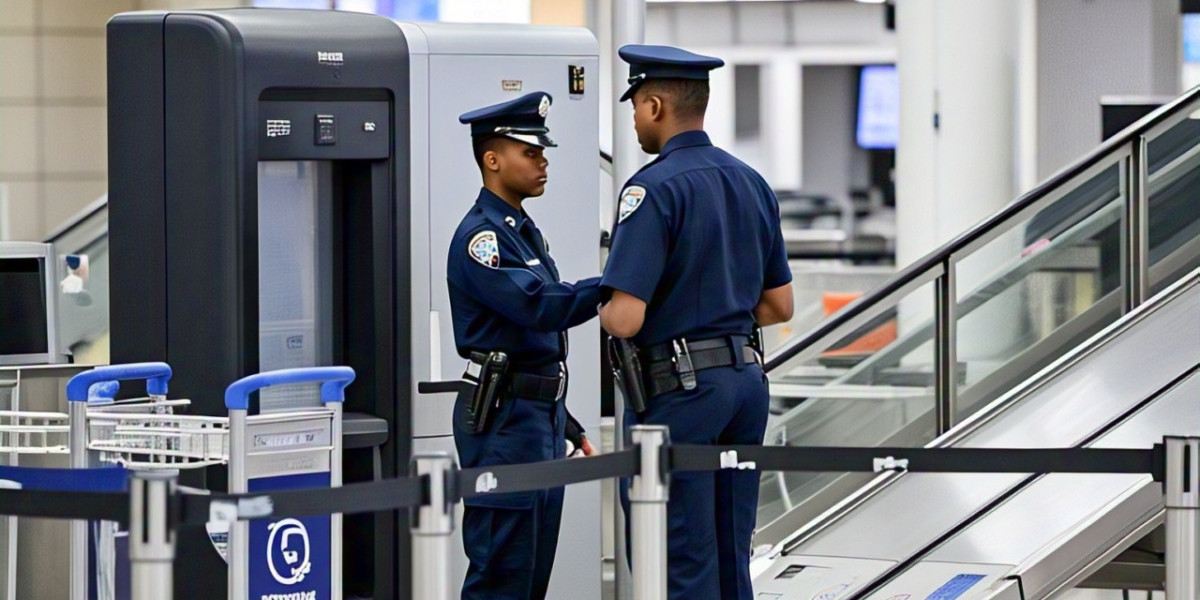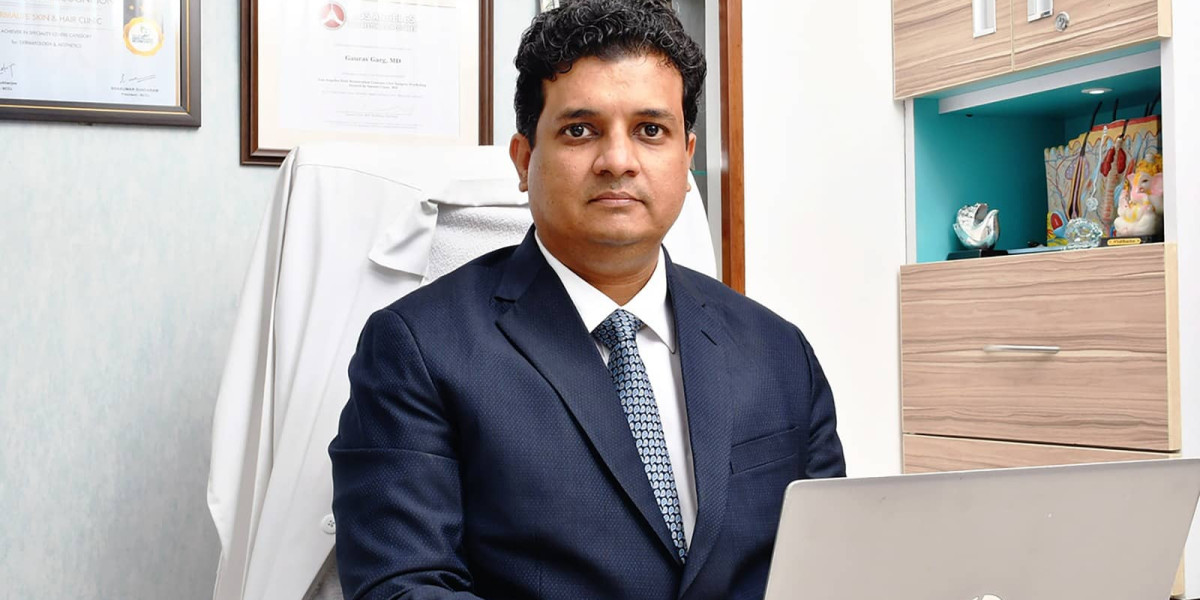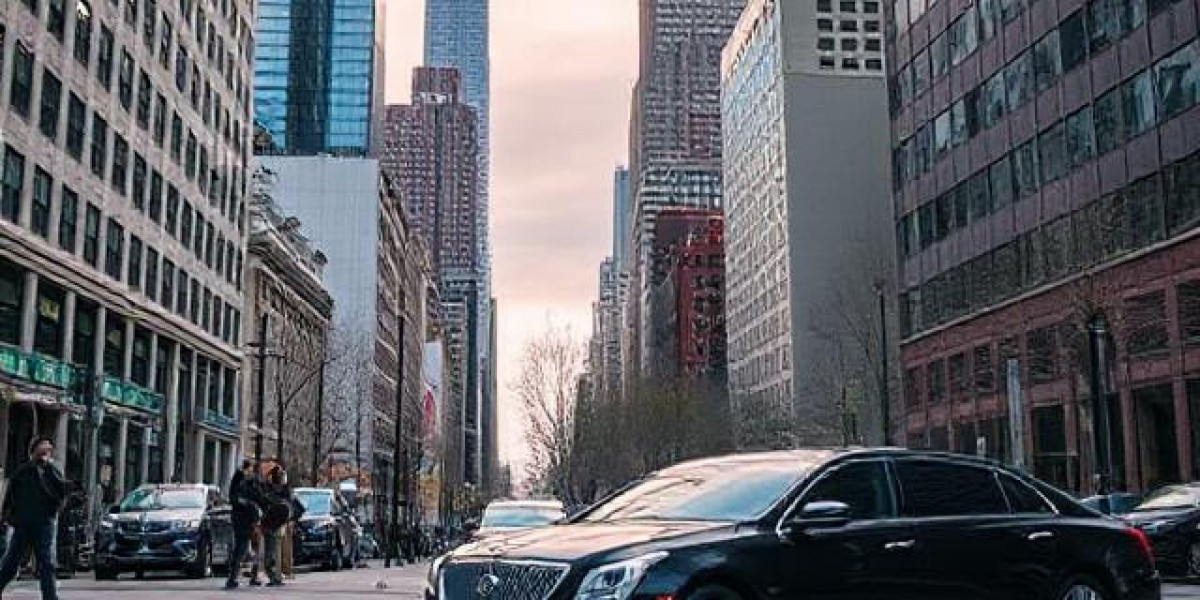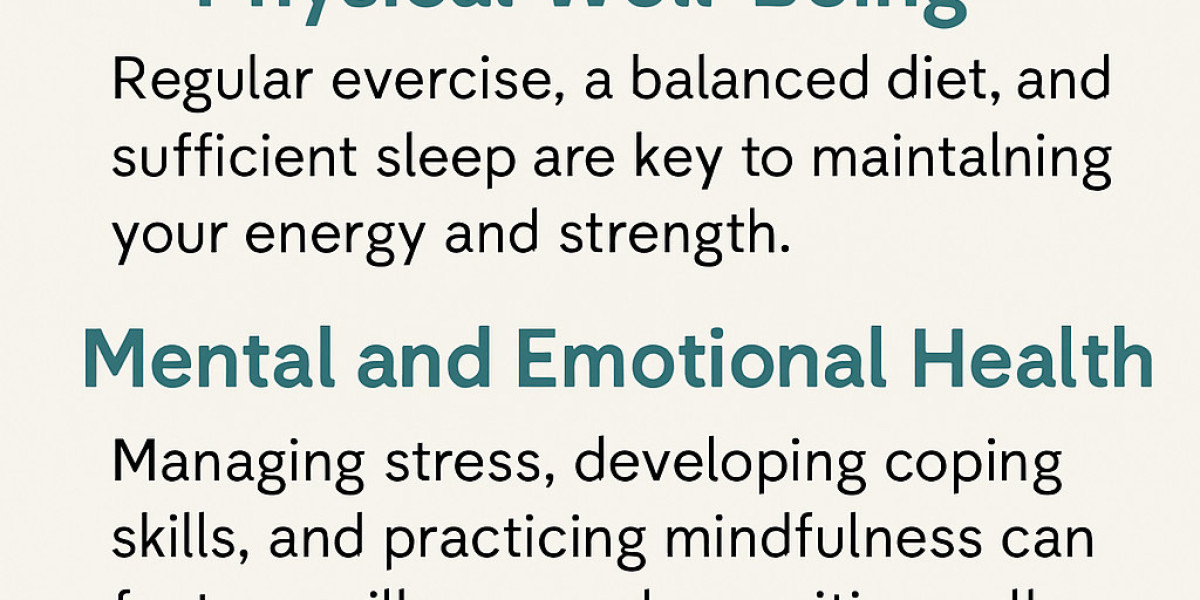Introduction: A Critical Layer of Airport Defense
Airports are complex hubs that require multi-layered security systems to protect passengers, staff, cargo, and national interests. At the heart of this system are security guards. These professionals serve as the first line of defense against threats ranging from petty theft to terrorism. Their role is dynamic and essential to ensure airports remain safe, orderly, and responsive to evolving risks.
Why Airport Security Is More Crucial Than Ever
With increased global travel and rising threats, airports have become potential targets for illegal activities. From unauthorized access to smuggling attempts and cybercrime, modern airports face diverse challenges. Security guards play a frontline role in identifying and neutralizing these threats before they escalate. Their presence alone often serves as a powerful deterrent.
Preventing Unauthorized Access to Restricted Areas
Airport terminals are divided into secure and non-secure zones. Guards control access points, ensuring only authorized personnel enter sensitive areas like runways, baggage handling zones, and control rooms. This helps prevent incidents of sabotage and keeps aircraft and passengers safe.
Crowd Management During Peak Hours
Airports can get extremely busy, especially during holidays or delays. Security personnel help manage crowd flow, prevent stampedes, and de-escalate conflicts. Their ability to maintain order not only enhances safety but also improves the overall passenger experience during high-stress situations.
Role in Emergency Evacuations
In emergencies such as fire, gas leaks, or threats, trained guards assist in executing evacuation plans. They guide passengers and staff to safety, coordinate with emergency responders, and ensure minimal panic. Their readiness is crucial to avoiding chaos in life-threatening situations.
Collaborating with Law Enforcement and Airport Staff
Security guards don’t operate in isolation. They coordinate with federal agencies, customs, and law enforcement to maintain a seamless security network. Their timely intelligence sharing and cooperation play a major role in preventing crimes or catching culprits swiftly.
Bag and Passenger Screening Support
While technology handles much of the screening, guards are still essential in monitoring behavior and identifying suspicious activity during security checks. They’re trained to detect subtle signs of stress or deceit that machines can’t recognize, making their presence indispensable.
Use of Surveillance Systems and CCTV Monitoring
Modern airports are equipped with advanced CCTV systems. Security guards monitor live feeds to detect unusual movements or behaviors in real-time. Their quick response to footage alerts helps thwart potential crimes or resolve issues before they escalate. For a comprehensive solution on security personnel for such duties, you may explore specialized security solutions provided by expert companies in Australia.
Maintaining Perimeter Security
Guards also patrol the airport perimeter, ensuring fences, gates, and entry points are secure. This prevents unauthorized vehicles or individuals from breaching airport grounds. Their mobile patrol routines vary to avoid predictability, which deters pre-planned threats.
Handling Suspicious Items or Luggage
Unattended baggage is a serious concern in aviation security. Guards are trained to identify and isolate suspicious items while following protocols to keep the public safe. Their quick thinking helps minimize disruption and ensures that the appropriate response is taken without panic.
Enhancing Passenger Confidence
The visible presence of professional guards creates a sense of safety for travelers. Whether someone is flying for business or vacation, knowing that trained security personnel are on duty adds peace of mind. This perception of safety is vital for the airport's reputation.
Supporting Security Checkpoints with Human Oversight
Technology can scan and alert, but humans verify and act. Guards stationed at security checkpoints offer an additional layer of scrutiny and judgment. Their intervention is crucial when machines raise false positives or when human judgment is required for complex cases.
Deterring Internal Threats and Insider Risks
Not all threats come from outside. Sometimes, insiders with access can pose risks. Security guards play a role in observing employee behavior and reporting suspicious actions. Their vigilance helps reduce internal security threats that technology might overlook.
Static Security Guards: A Reliable Asset in High-Security Zones
Certain areas of airports demand constant surveillance. Static security guards are deployed at such critical spots, offering continuous protection and monitoring. Their consistent presence ensures no unauthorized access or negligent behavior occurs. To explore such services tailored for static positions, you can visit the dedicated service providers who specialize in this field.
Continuous Training and Adaptation to Threats
Security threats evolve, and so must the guards. Regular training in threat detection, emergency response, and communication ensures guards remain effective. Airports often invest in drills and simulations to keep their staff prepared for any eventuality.
Conclusion: Indispensable Role in Modern Aviation
Security guards are indispensable in maintaining the safe, efficient, and secure functioning of airports. Their physical presence, coordination with tech systems, and swift decision-making capabilities make them one of the most important layers of protection. As threats grow more sophisticated, so must the guards—ensuring the safety of every passenger in the skies and on the ground.
Frequently Asked Questions (FAQs)
1. What qualifications do airport security guards need?
Most guards require a security license, background checks, and specialized training in aviation security.
2. How do guards differ from automated systems like scanners?
Guards bring human judgment, which complements automated systems, especially in complex or suspicious situations.
3. Are guards responsible for passenger safety during emergencies?
Yes, they assist in evacuation procedures, crowd control, and liaise with emergency services.
4. Do security guards work 24/7 at airports?
Yes, security coverage is continuous, with multiple shifts to ensure round-the-clock protection.
5. Can guards detect threats that technology misses?
Absolutely. Behavioral cues, body language, and unusual activity are best assessed by trained personnel.
6. How do guards help manage airport crowd flow?
They direct foot traffic, assist passengers, and prevent overcrowding during peak travel times or emergencies.














